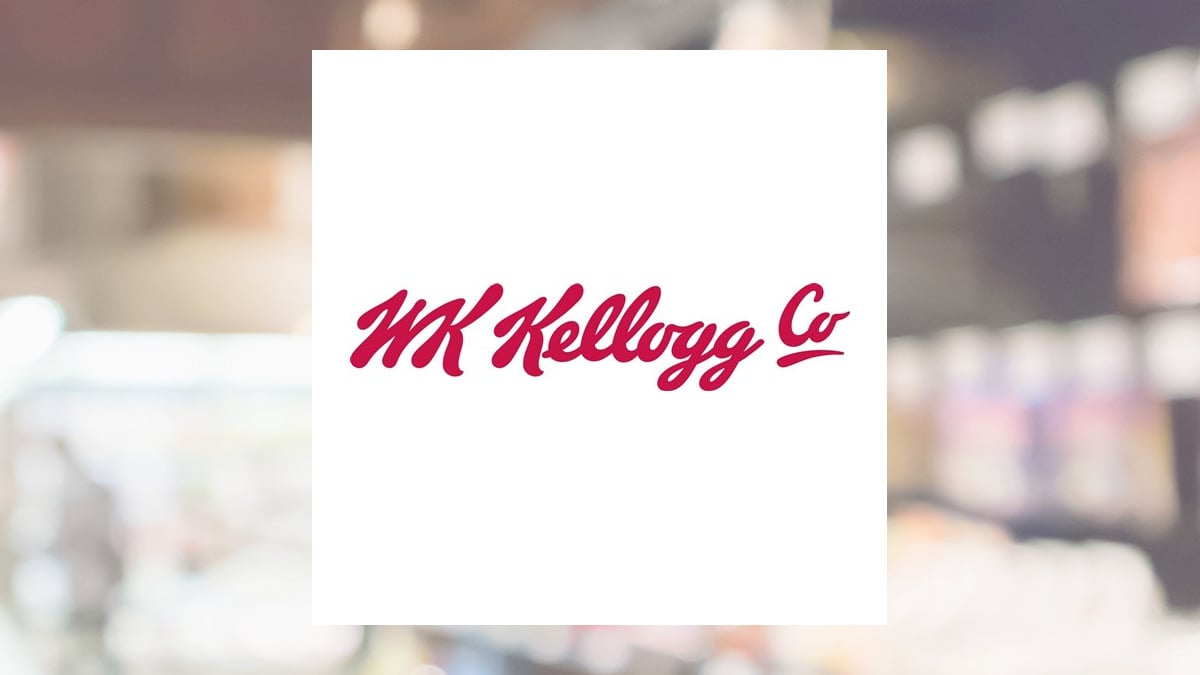Good morning. The Bank of Canada is facing a high-stakes decision as inflation slows and global pressure builds. In towns like Cranbrook, B.
C., small business owners are already making tough choices to manage the high cost of living, trade uncertainty, and economic drift. Manufacturing: Ottawa is granting automakers tariff relief but warns it will pull back the funds if they cut domestic manufacturing and investment.

Housing: The Canadian Real Estate Association has sharply downgraded its forecast for home sales in 2025 as buyers remain concerned about tariffs and interest rates. Art of the dealing: Saskatchewan Premier Scott Moe says his non-confrontational approach to dealing with U.S.
President Donald Trump – unlike “maybe some other leaders have” – is working . The U.S.
is launching a national-security probe into the pharmaceutical supply chain Greg Eaton, owner of the Baker Hotel in Cranbrook, B.C. Chris Wilson-Smith/The Globe and Mail Slowing inflation and rising global instability are pushing the Bank of Canada toward a high-stakes rate decision this morning.
Data released yesterday showed inflation cooled more than expected in March, raising expectations that the central bank might move sooner to lower rates. But the monetary policy path for Governor Tiff Macklem remains fraught: Wage growth is still strong, and the broader outlook is clouded by trade volatility, geopolitical instability and fragile supply chains. In a speech last month, Macklem said the bank would rely less on forward-looking signals than usual – waiting instead for clearer conditions before acting.
For small business owners like Greg Eaton, waiting for clarity is less of a luxury. The Bank of Canada’s decision – and the divergent promises from political leaders on affordability, independence and economic security – have the effect of feeling critical but also abstract. These are immediate pressures shaping how they live and operate.
Eaton owns the historic Baker Hotel in Cranbrook, B.C., a city of just over 20,000 people in the province’s southeastern interior, and he says the pressures shaping the national debate are already playing out in his daily operations.
“We’ve had to adjust on the fly,” he said in an interview yesterday. “Everything’s more expensive, and we’re doing what we can to stay ahead – but it’s not easy.” Eaton bought the century-old property in 2018, drawn by its heritage charm and the chance to build a boutique hotel in the heart of the Kootenays.
Business was strong, until the pandemic hit. As bookings were cancelled, the hotel shifted to monthly rentals just to keep the lights on. Guests have returned – many of them American tourists drawn by the strong U.
S. dollar. But margins remain tight: Labour costs have jumped – “we used to pay $16 or $17 an hour; now it’s at least $20′′ – and so have utility bills and furnishing expenses.
“It’s probably a 20-per-cent increase over a few years,” Eaton said. “That’s pretty significant for us.” Even a modest economic jolt, like new U.
S. tariffs on Canadian lumber, could ripple through the region and dampen demand. “If mills start closing nearby, that’s going to hurt our local economy,” he said.
“It could impact everything from employment to the viability of small businesses like ours.” The forestry industry remains a cornerstone of the local economy – and recent regulatory shifts have already led to sawmill reductions, job losses and broader economic fallout in the region. A rate cut this morning could offer relief to the hotel’s staff, potential visitors and its profitability.
But for small business owners like Eaton, staying upright in an economy that won’t sit still will remain a challenge. “You have to make sure you have a good financial buffer,” he said. “It’s hard to know exactly how things are going to affect us or what the impacts are going to be – positive or negative.
I need to keep the place running either way.” Inflation is a government killer. Over the past two years, voters around the world have punished incumbent governments of all political stripes for the surge in inflation, and interest rates, that happened in the wake of the pandemic.
It’s one of the 10 issues our economics team says will define the federal election on April 28. In California: The state’s governor is urging Canadians to ignore Trump . Come back for sand, sun and wine, he says.
(But what can he do about the exchange rate?) In hot water: “The steam of a Japanese bath house made me feel like I’d found my way home .” In the numbers: A Canadian math prodigy allegedly stole US$65-million in crypto. Now he’s on the lam from U.
S. authorities. Global markets fell as AI powerhouse Nvidia took a hit from U.
S. restrictions on chip sales to China amid the intensifying global trade war. Wall Street futures were in the red, while TSX futures were little changed ahead of the Bank of Canada interest-rate announcement.
Overseas, the pan-European STOXX 600 was down 0.79 per cent in morning trading. Britain’s FTSE 100 slid 0.
32 per cent, Germany’s DAX dropped 0.58 per cent and France’s CAC 40 gave back 0.6 per cent.
In Asia, Japan’s Nikkei closed 1.01 per cent lower, while Hong Kong’s Hang Seng dropped 1.91 per cent.
The Canadian dollar traded at 71.84 U.S.
cents..
Business

Business Brief: Where policy gets personal

With a rate decision looming, small business owners are adapting in real time














